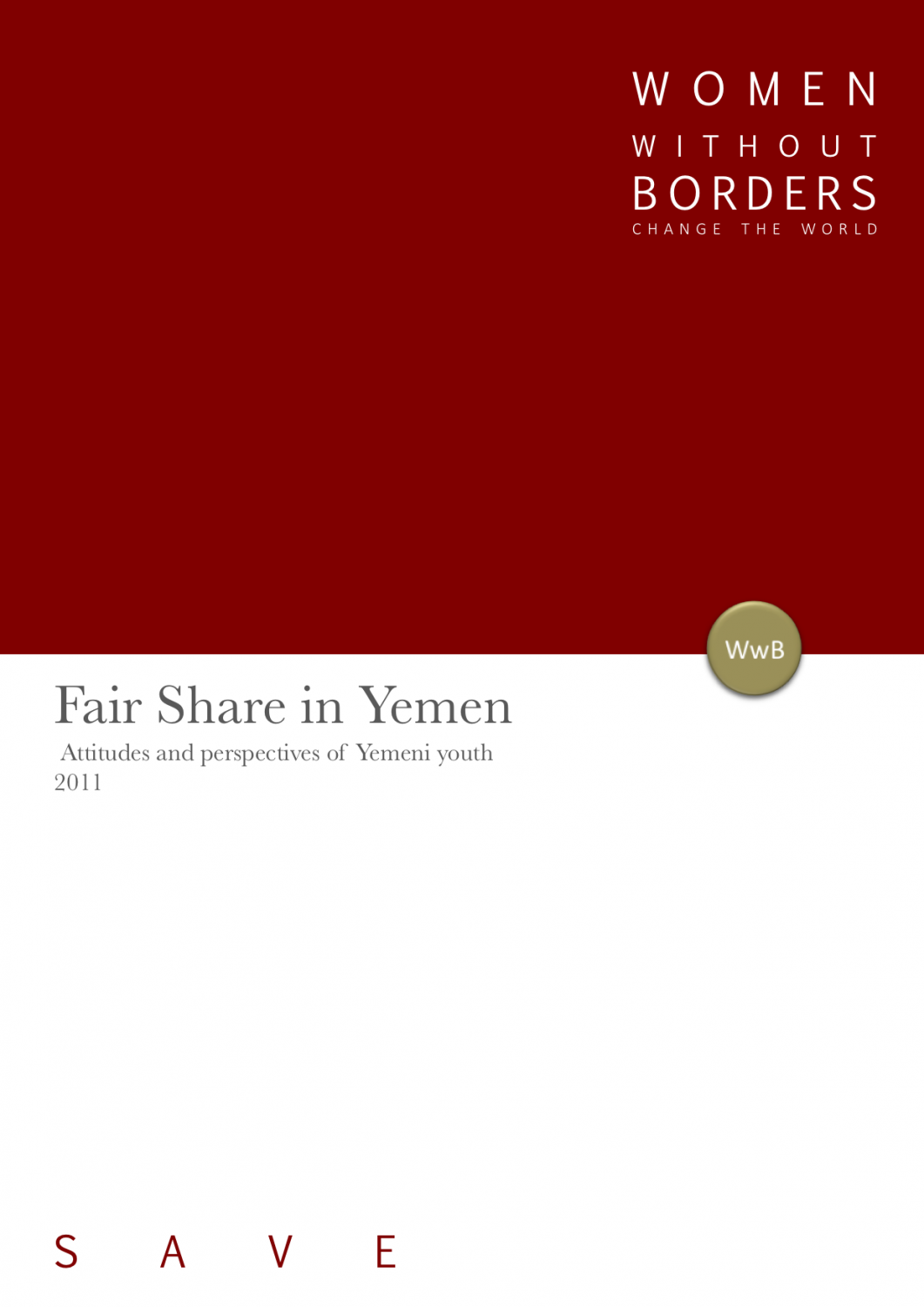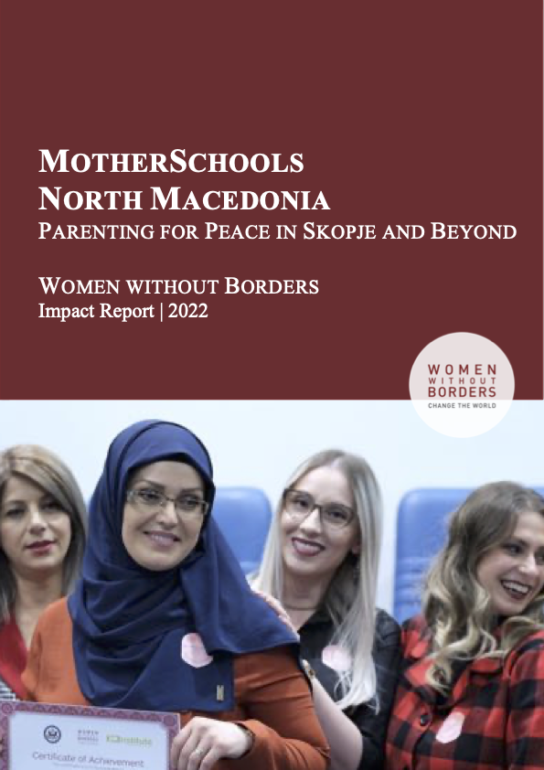The success and rapid expansion of the ‘MotherSchools: Parenting for Peace’ movement highlights that mothers indeed are effective in recognising and responding to early warning signs of radicalisation in their homes and communities. To explore the possibility of bringing men into the fold, WwB in 2017 launched an Austrian pilot FatherSchools in the Tyrolian capital of Innsbruck. Owing to the men’s enthusiasm and based on the insights gained, WwB decided to pursue this angle through an in-depth East African fieldwork study. The research findings led to the first ‘FatherSchools: Men Included in Parenting for Peace’ Handbook and Curriculum by the end of 2018. From 2019 onwards WwB was rolling out further FatherSchools in parallel with MotherSchools in order to strengthen the family unit from all sides.
The success and rapid expansion of the ‘MotherSchools: Parenting for Peace’ movement highlights that mothers indeed are effective in recognising and responding to early warning signs of radicalisation in their homes and communities. Yet Women without Borders (WwB) has found in both its research and work on the ground that fathers can be an obstacle to mothers’ efforts. A high number of participants cite their husbands’ relationship to them and their children as a chief contributing factor to tension and unrest at home. Many fathers present challenges to family cohesion due to, inter alia, poor communication skills, physical and mental absence, and a propensity for domestic violence. Having long recognised these issues, the MotherSchools Curriculum already includes a module entitled ‘Involving Fathers’.
FatherSchools promise to be more than just a mitigating measure: fathers could become unlikely male role models in traditional communities where notions of masculinity often are linked to violence and parenting tends to remain a female affair. Fathers thus can be viewed as a missing puzzle piece in a family-based and whole-of-community security architecture. Parents, as a united front, have the strongest intervention potential in protecting adolescent and young adult children from being attracted to radical messages and recruiters. Ultimately, sensitising fathers to their ‘parenting for peace’ responsibility and engaging them through FatherSchools is a significant step in supplementing and building on the impact of MotherSchools across the world. As no other organisation has brought fathers into the PVE fold in this manner, WwB decided to embark on an exploratory endeavour by developing and delivering its rudimentary FatherSchools Curriculum.
Owing to the men’s enthusiasm following the pilot FatherSchools group in Austria and based on the insights gained, WwB decided to pursue this angle through an in-depth East African fieldwork study supported by the United States Institute for Peace (USIP). With a view to translating evidence-based research into action, as with its ‘Can Mothers Challenge Extremism?’ study for the MotherSchools Model, WwB evaluated its research study ‘Understanding Fathers’ Prevention Potential: Safeguarding Children from Radicalisation’. Based on WwB surveys with fathers in at-risk communities across Uganda and Zanzibar, the study examines fathers’: perceptions of their responsibility in safeguarding their children; experiences with radicalisation and/or P/CVE efforts in their own families; and perceived barriers to realising their prevention potential.
The research findings were applied to develop the ‘FatherSchools: Men Included in Parenting for Peace’ Model by the end of 2018. From 2019 onwards WwB has been rolling out further FatherSchools in parallel with MotherSchools in order to strengthen the family unit from all sides. A second round took place in Villach between 2019-2021. The following sections outline further details of the three Austrian iterations of FatherSchools thus far.
FatherSchools Villach | 2019-2021
After the successful piloting phase, the ‘FatherSchools: Men Included in Parenting for Peace’ Handbook was adapted and evaluated in order to roll out two further FatherSchools groups in Austria. Focusing this time on the city of Villach in the province of Carinthia, 2 groups of fathers completed the programme.
The FatherSchools graduates received their certificates in a joint ceremony with the first cohort of MotherSchools participants in the festive Bambergsaal of Villach’s Bambergsaal.
FatherSchools Innsbruck | 2017
In 2017, an Austrian pilot FatherSchools was implemented in the Tyrolian capital of Innsbruck. 2 groups of fathers convened throughout the programme to actively address personal and family questions about raising children, through discussions, theoretical input, and interactive exercises.


